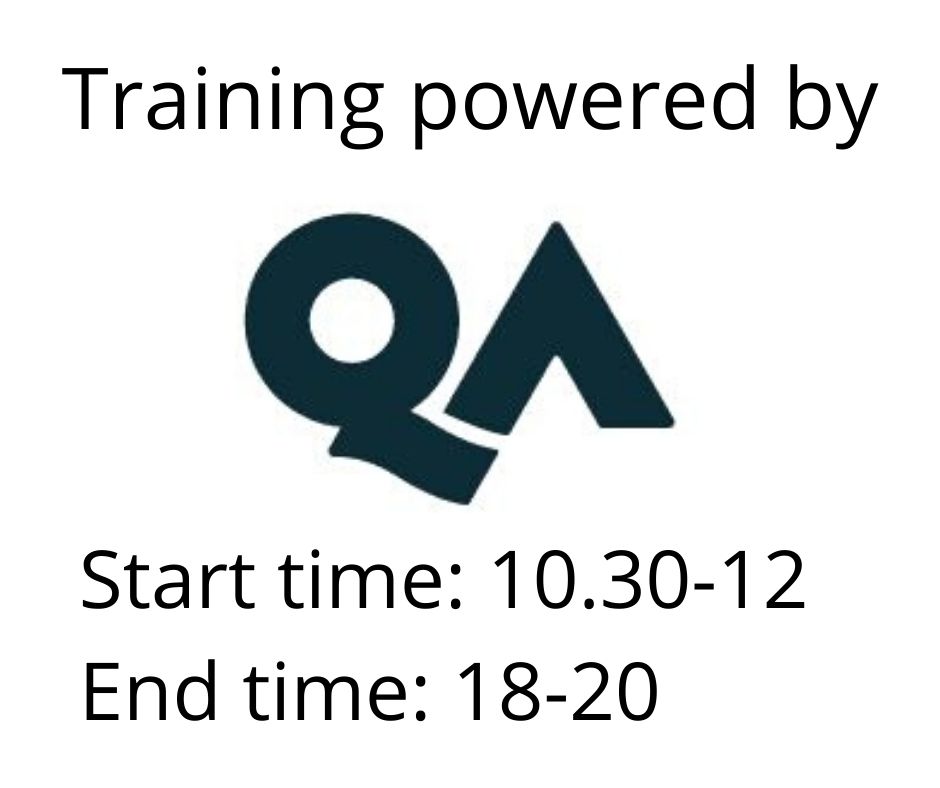Fundamentals of Tableau
Training formats
Duration
3 päivää
Price
1482 €
In Tableau Desktop, you have a data visualisation tool that enables you to connect to and query data from files and databases using preconfigured connectors. From the datasets you define, you can create worksheets and Visualizations which can then be shared with your end users directly or compiled with filters and actions into interactive dashboards.
This course introduces Tableau Desktop concepts, the interface and terminology. You will connect to data, prepare data for analysis, create charts and tables, learn about publishing and permissions. This course is perfect for starting your journey with Tableau and working towards your first Tableau certification.
- Tableau Desktop concepts and main features
- Data Sources compatible with Tableau Desktop
- The process to connect data with Tableau Desktop
- Data preparation and transformation functionality
- How Tableau Desktop organises data into dimensions and measures
- Techniques to model and prepare data in Tableau Desktop including relationships and unions
- How to create visualisations and apply options
- Core concepts used to create calculated fields and table calculations
- Work with worksheet formats and elements
- Create a dashboard and a story
Please note that this course is not suitable for new Excel users
- An understanding of basic data concepts
- Ability to create, format charts in Excel or other visualisation tool
- Be able to create formulas using standard aggregate functions
Target Audience
Anyone who needs to work with data to be able to connect, process and analyse the data to produce insight for an organisation.
It is assumed that attendees on the course are already familiar with charts and fundamental data processing concepts.
Lesson 1: Getting Started with Tableau Desktop
Tableau Desktop Concepts and Overview
Introduction to Main Features
Workbook elements and application structure
Connections
Visualizations
Output options
Dashboards
Stories
File types
Lesson 2: Connecting to Data Sources with Tableau Desktop
Data Sources Tableau Desktop will connect to
Field classifications
Data Types and Roles in Tableau Desktop
Dimensions and Measures
Qualitative and quantitative data
Continuous (Green) and discrete (Blue) classifications
Bringing in the data
Add a Connection
Working in the Data Source view
Commands and icons
Preparing the Data
Setting data types manually
Selecting the fields to include and exclude
Applying filters to a connection
Use Aliases in fields
Clean, Trim and Format
Split Column or Extract Using Delimiters
Lesson 3: Combining Data Source
Introducing Relationships, Unions and Joins
Overview
Relationship or Union – Use Cases
Creating and Defining Table Relationships
Combine tables using a Union
Lesson 4: Visualising the Data
Overview of Data Visualisations
Worksheet structure
Pages, Filters and Marks
Columns, Rows, Pills and Shelf
Show Me
Data and Analytics pane
Key menus – Worksheet, Format and Analysis
Crosstab and text visuals
Creating a visual
Working with Marks options
Colour - applying Conditional Formats
Text and Detail – adding data to a visual
Tooltip – adding contextual information to tooltips
Sorting a visual
Formatting options
Adding Table Calculations using Analysis and the Marks card
Quick Table Calculations
Totals
Percent Of
Difference
Rank
Charts
Types
Setting chart options using Marks
Measure calculations
Conditional colours
Details, labels and tooltips
Adding filters to visuals
Setting filter controls and options
Using filters across multiple worksheets
View Data to see underlying data in a Viz
Working with Hierarchies
Analytics in Visualizations
Summarise Lines and Total
Using Groups and Bins in Visualizations
Create Calculated Fields and Measures
Create a KPI Visualization
Geo-Data Roles and Maps
Lesson 5: Workbook and Worksheets
Format the Workbook
Fonts, Lines and Colours
Setting worksheet options
The Show Settings
Export, Copy and Updates
Format elements
Lesson 6: Dashboards and Stories
Build a Dashboard
Adding Sheets
Working with Device Layouts
Adding Objects to a Dashboard
Format the Dashboard
Test in Presentation Mode
Build a Story
Add sheets
Set captions
Test in Presentation Mode
